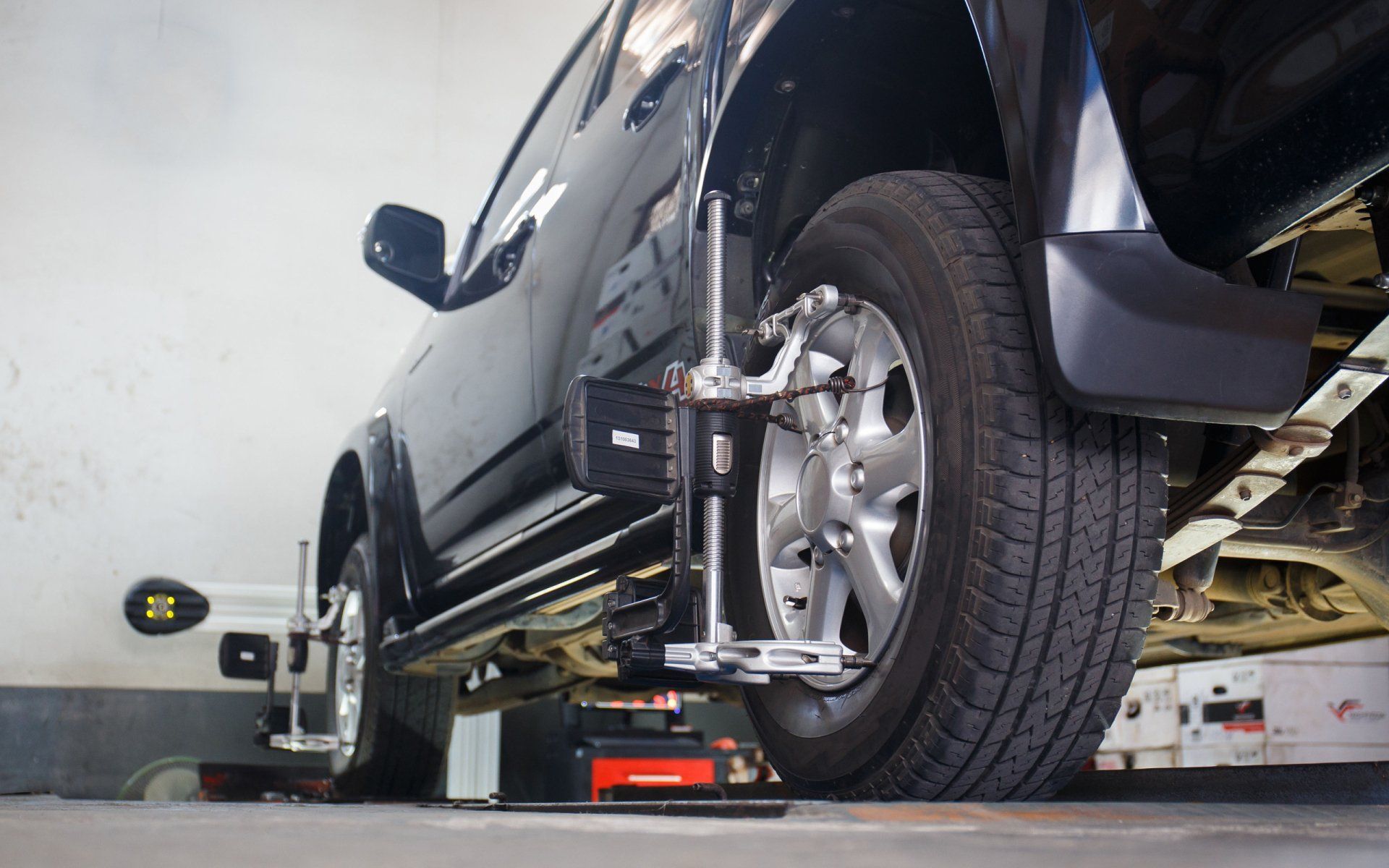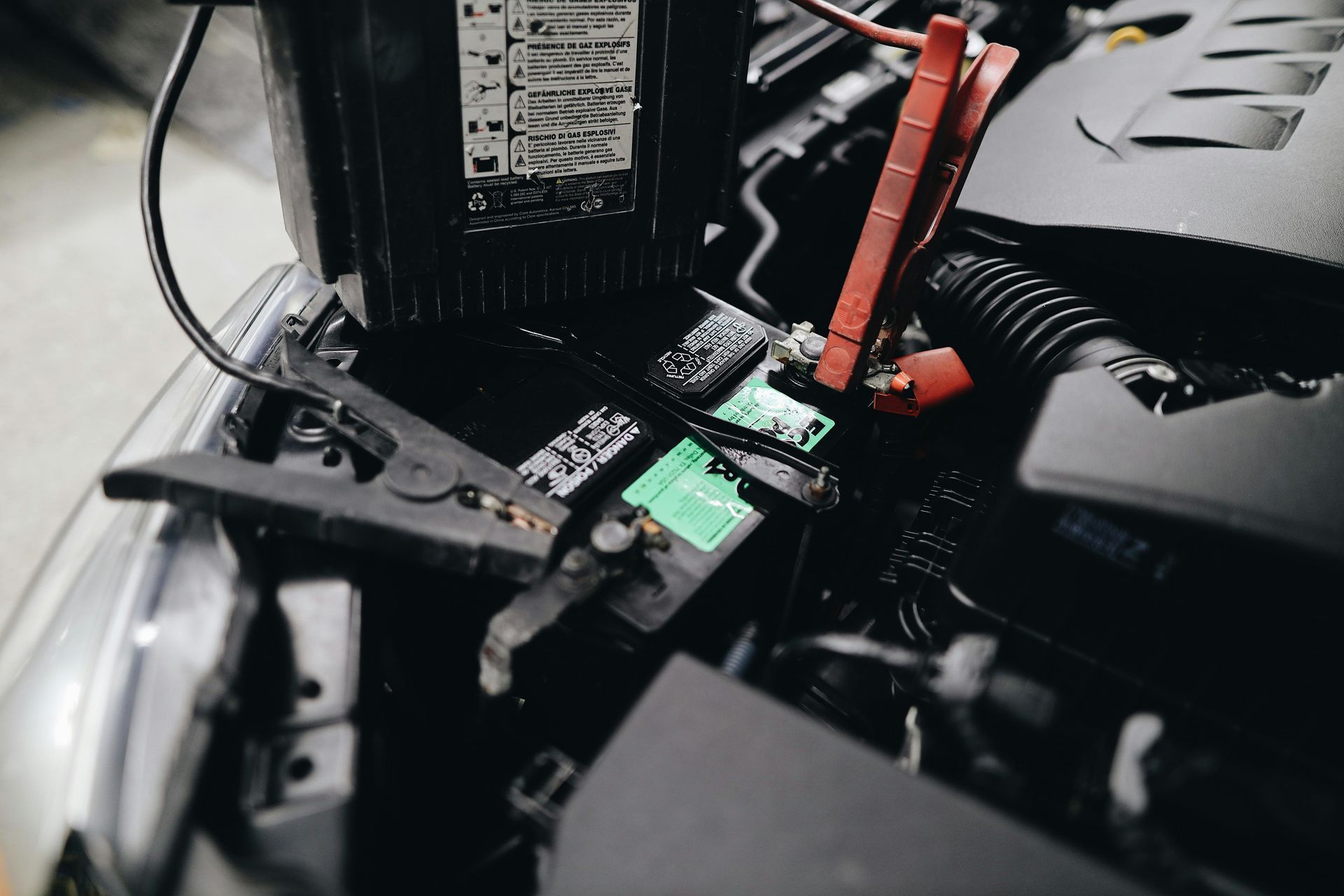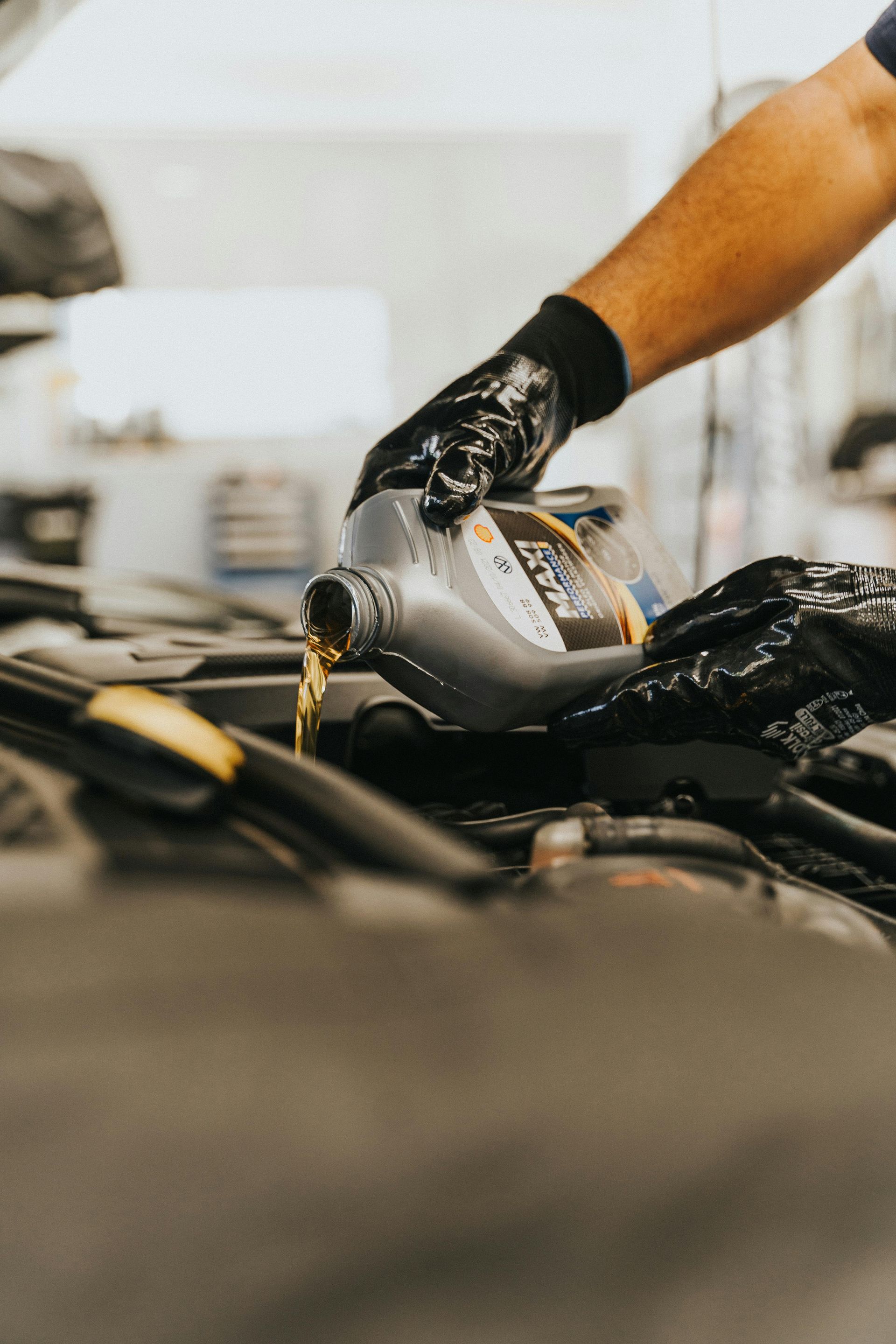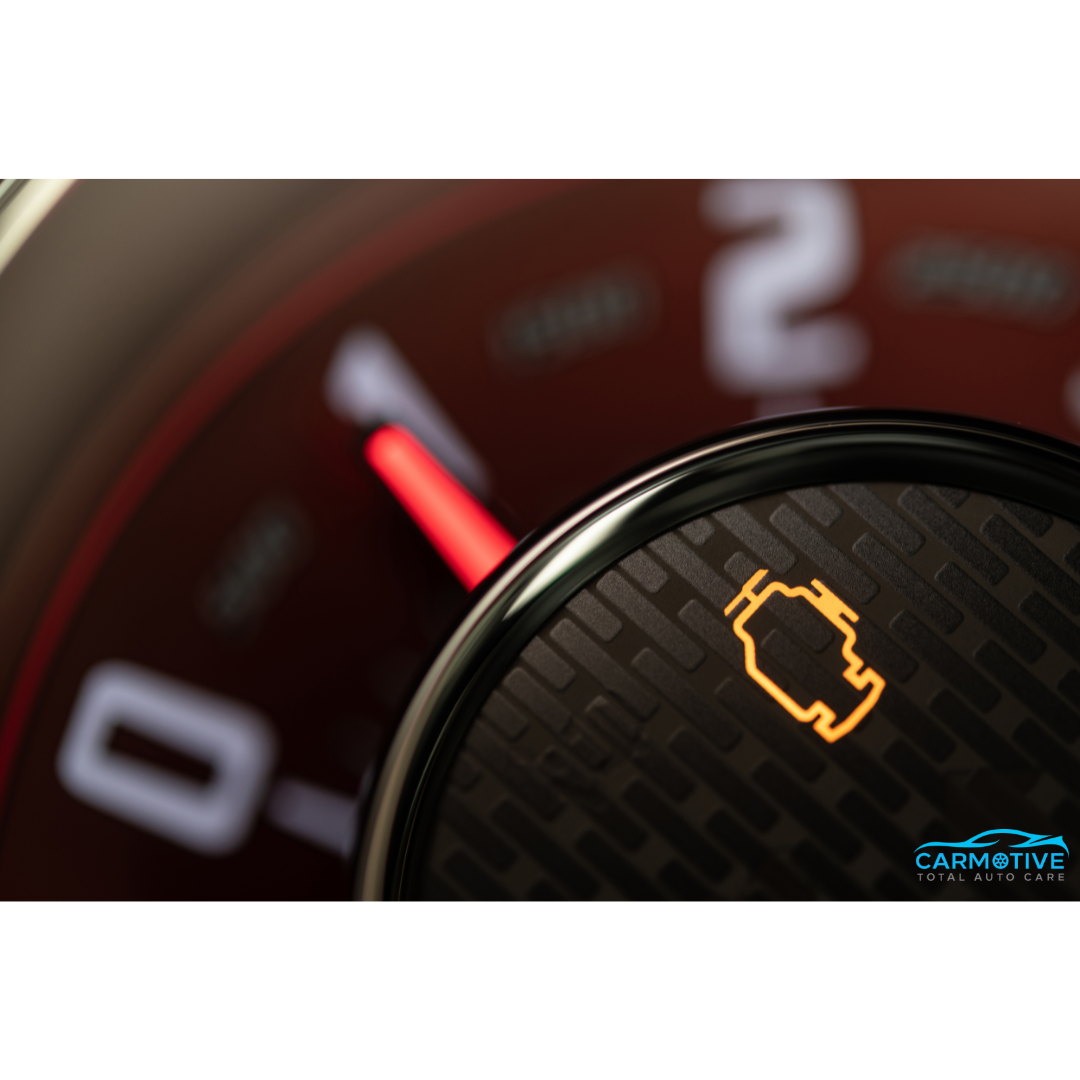How Long Can You Drive A Car With Low Transmission Fluid?
To ensure optimal driving performance, maintaining the transmission fluid at the appropriate level is paramount. This fluid serves the crucial function of lubricating the transmission components, thereby improving their operational efficiency. As a vehicle moves, the gears generate friction which, if the fluid level is insufficient, can result in overheating. Extensive research has been conducted to ascertain the potential consequences of driving a car with inadequate transmission fluid levels.
From a technical perspective, a vehicle can be operated with low transmission fluid for a limited distance. However, such a practice poses a significant risk to the integrity of the transmission system and can potentially give rise to a myriad of operational issues. This article delves into the methods through which one can identify low transmission fluid levels in their vehicle and outlines strategies to mitigate any potential damage to the vehicle’s transmission system.
Key Takeaways
- Driving with low transmission fluid can cause overheating and damage.
- Ignoring symptoms like rough shifting can lead to serious transmission issues.
- Leaking fluid must be addressed promptly to prevent further damage.
- Jerking while driving indicates inadequate lubrication and requires immediate attention.
Symptoms of Low Transmission Fluid
If you notice your transmission system overheating, experience difficulty shifting gears, or see warning check lights illuminate on your dashboard, these could be signs of low transmission fluid. Additionally, if you observe leakage of transmission fluid or feel jerking while driving, it may indicate low fluid levels. These symptoms should not be ignored as they can seriously damage your vehicle’s transmission system.
1. Overheating Of Transmission System
Low transmission fluid levels can lead to the transmission system overheating, causing potential damage to the vehicle. Signs of low transmission fluid include rough shifting, slipping gears, delayed engagement, and unusual noises. When the transmission is low on fluid can increase friction and heat within the system.
This excessive heat can cause the transmission components to wear out faster and eventually fail. If the fluid is not topped up promptly, it can result in the transmission overheating, which may lead to a complete breakdown of the transmission system. Therefore, it is crucial to promptly address low transmission fluid symptoms to prevent overheating and costly repairs.
Also Read:
HOW LONG CAN YOU DRIVE WITH CHECK ENGINE LIGHT ON?
2. Problem in Shifting Gears
A depleted transmission fluid level can manifest in issues with shifting gears, indicating a potential problem in the transmission system. Symptoms of low transmission fluid often present as difficulties in changing gears smoothly. You may notice delays when shifting from park to drive or reverse, and the gears might slip or jerk during acceleration. Additionally, there could be a noticeable whining or clunking noise from the transmission.
These signs suggest that the transmission components are not being adequately lubricated due to the low fluid levels. If addressed, these shifting problems can escalate into more severe transmission issues, leading to costly repairs. It’s crucial to promptly address low transmission fluid levels to avoid further transmission problems.
3. Warning Check Lights
One indicator of low transmission fluid levels is the illumination of warning check lights on your vehicle’s dashboard. The transmission fluid light is a crucial sign that your transmission fluid may be low. When this light appears, it’s essential to promptly check the transmission fluid level. Other signs transmission fluid is low include difficulty shifting gears, slipping gears, or unusual noises during gear changes.
Pay attention to any burning smells or visible leaks under your vehicle to know if the transmission fluid is low. Ignoring these low transmission fluid signs can lead to serious transmission issues. Therefore, if you notice any of these common ATF symptoms, addressing the problem promptly is advisable to prevent further damage.
4. Leakage of Transmission Fluid
Check for any visible leaks under your vehicle as a potential indicator of low transmission fluid levels. Transmission fluid leaking can be identified by red or brown puddles forming beneath the car. If you observe any signs of leaking transmission fluid, such as a burning smell or grinding noises while shifting gears, it may indicate low transmission fluid levels. Other signs of no transmission fluid include difficulty shifting gears, slipping gears, or the vehicle surging or jerking unexpectedly.
To confirm if your transmission fluid is low, you can also check the fluid levels using the dipstick. Addressing any leaking transmission promptly is crucial to prevent damage to the transmission system and ensure the smooth operation of your vehicle.
5. Jerking While Driving
Jerking while driving is a common symptom of low transmission fluid levels. The gears may not receive enough lubrication when driving on low transmission fluid, leading to a jerking sensation during acceleration or deceleration. This occurs because the transmission can only smoothly shift between gears with adequate fluid to facilitate the process. If you experience jerking while driving, it could be a sign of low transmission fluid.
To check if the transmission fluid is low, locate the transmission fluid dipstick, typically found near the back of the engine. Pull it out, clean it, reinsert it, and then pull it out to observe the fluid level. Maintaining proper transmission fluid levels is crucial to prevent further damage to your vehicle’s transmission system.
Also Read:
EVERYTHING YOU SHOULD KNOW ABOUT CAR AC COMPONENTS AND FUNCTIONING
6. Strange Noises
Driving with low transmission fluid can result in strange noises emanating from your vehicle’s transmission system. These noises can manifest as whining, clunking, or humming while driving. The lack of sufficient fluid in the transmission can increase friction and wear on the internal components, causing these unusual sounds. Hearing such noises could indicate a transmission leak or inadequate lubrication due to low transmission fluid levels.
Ignoring these strange noises associated with low transmission fluid can further damage the transmission system, potentially resulting in costly repairs. Therefore, it is crucial to address any strange noises promptly and check for signs of low transmission fluid to maintain the health of your vehicle’s transmission.
What Will Happen If You Drive a Car on Low Transmission Fluid?
When operating a vehicle with low transmission fluid levels, potential damage to the transmission system can occur due to inadequate lubrication. Driving with low transmission fluid can increase friction and heat within the transmission components, causing accelerated wear and potential overheating. Signs of low transmission fluid include slipping gears, rough shifting, and transmission fluid leaks.
Continuing to drive a car with low transmission fluid can result in transmission failure, leading to costly repairs or even the need for a complete transmission replacement. Neglecting to address low transmission fluid levels can compromise the overall performance and longevity of your vehicle’s transmission system. It is crucial to monitor and maintain proper transmission fluid levels to ensure the smooth operation of your car.
Frequently Asked Questions
Can Adding More Transmission Fluid Fix the Issue of Driving With Low Transmission Fluid?
Adding more transmission fluid can help rectify the issue of driving with low transmission fluid. It’s like adding fuel to the fire to keep it burning. However, it’s crucial to address the underlying cause of the low fluid level to prevent further damage.
Is It Safe to Drive a Car With Low Transmission Fluid for Short Distances?
Driving a car with low transmission fluid, even for short distances, can cause severe damage. It’s unsafe as it increases friction and heat, potentially resulting in costly repairs. Refill the transmission fluid immediately to prevent further harm.
Can Driving With Low Transmission Fluid Cause Long-Term Damage to the Car’s Transmission System?
Driving with low transmission fluid can cause long-term damage to your car’s transmission system. Internal components can overheat and wear out without proper fluid levels, leading to costly repairs or transmission failure. Regular maintenance is crucial.
contact Carmotive to schedule a fluid exchange service for your vehicle
Are you looking for fluid replacement services in Houston, TX ? Your search ends here as we have you covered! Wondering why you should opt for our fluid flush services in Houston, Texas? At Our auto repair shop in Houston Tx team of skilled experts is well-versed and experienced in all areas of fluid exchange services in Roseville, Texas. Utilizing the most up-to-date techniques and equipment, they can diagnose and address any issues your vehicle may be facing. In addition to replacing your fluids, they will also offer valuable tips to help you maintain your vehicle’s optimal performance.
Our brake fluid services in Roseville, Texas are budget-friendly and won’t put a strain on your finances. We believe that keeping your vehicle well-maintained shouldn’t come at a high cost. You can rely on us to deliver all fluid exchange services at a fair and affordable price.










